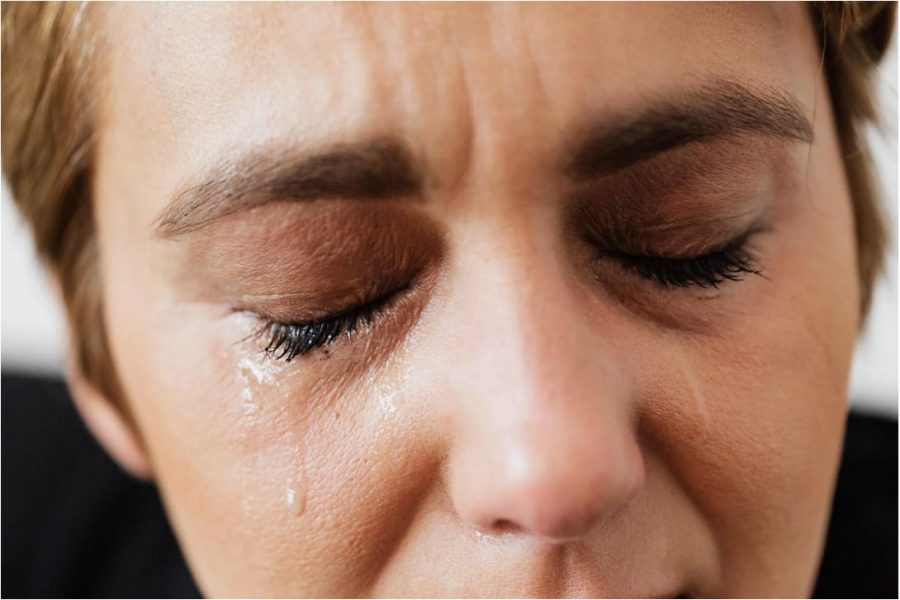A disability can make it difficult or even impossible to work. Many people don’t consider that this includes mental disorders. Some people who suffer from mental disorders qualify for social security disability benefits. If you or a loved one have a mental disorder that makes regular work an impossibility, you should look into what benefits may be available to you. These are some mental health issues that can qualify for social security disability benefits.

Schizophrenia
Schizophrenia is a psychotic disorder that involves delusions, audio and visual hallucinations, and paranoia. People with this condition can be a danger to themselves when things get especially bad. There are also many mood and behavioral struggles that go along with the more well-known symptoms. For example, those with schizophrenia might exhibit aggressive or disorganized behavior. Generally, it is treated with both medication and therapy, and it may sometimes require inpatient care.
PTSD
People who see the battlefield or had other traumatic experiences will likely keep these experiences with them for the rest of their lives. Some people will even experience post-traumatic stress disorder (PTSD). This disorder can cause flashbacks, extreme emotional reactions, and paranoia. Sometimes, the symptoms happen with no warning. Other times, the symptoms occur as the result of a trigger. Whether sudden or the result of a trigger, PTSD symptoms can get in the way of your work, so severe cases can qualify you for social security disability benefits.
Depression
It is normal to feel sad from time to time. However, when the sadness happens a majority of the time, you may have depression. There are several categories of depression, including major and persistent, but they tend to have similar symptoms. Besides sadness, other signs of depression include a lack of appetite, tiredness, too much or too little sleep, weight loss or weight gain, a loss of interests in your usual hobbies, isolation, or suicidal thoughts.
All of these symptoms need to be taken seriously. In some cases medication can help, but it may not always be enough. Depression affects all aspects of your life including your job. If you are unable to work due to depression or treatment for your depression, you can look into social security benefits.
Bipolar
There are two forms of bipolar condition. bipolar 1 and bipolar 2. Bipolar 2 refers to a condition that causes people to experience both depression and spouts of mania. Bipolar I refers to people who suffer from manic episodes far more dangerous than that of Bipolar 2. People with both types of bipolar tend to be quite impulsive to the point where it can be damaging.
Dementia
The mind can start to fade before the body. As people age, they may start to forget certain things, such as names, people, experiences, or even their own family. This condition is called dementia. When it gets bad, it can result in scary situations for both the person suffering it and for their loved ones. While dementia is usually associated with someone in their later years of life, it can develop during a person’s working years. In this case, social security disability can help.
Filing for social security disability claims can be difficult. Some people may feel that filing for disability benefits for mental health issues may be less successful, but if your mental health keeps you from working, you should be able to qualify for benefits. If you have been denied, you should consider talking to a lawyer to learn what you can do to get the application approved.
Social security disability benefits are there for anyone who cannot work for a health reason, and this includes mental health. For more information about whether your mental health problem qualifies, talk to someone at your local social security office or to an attorney in your area.